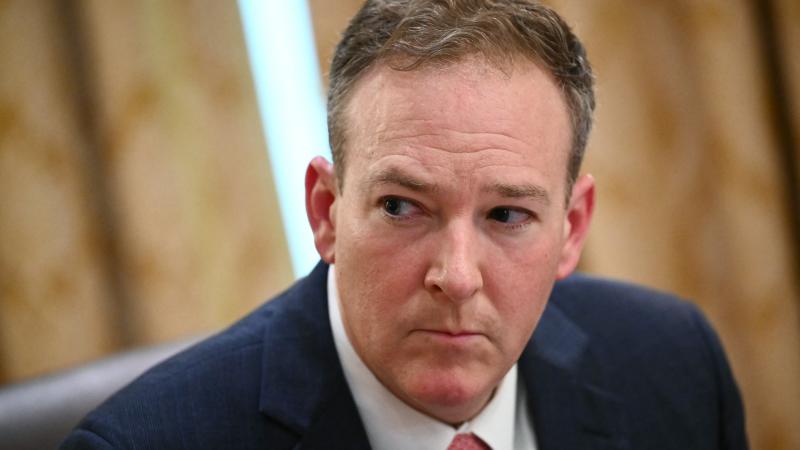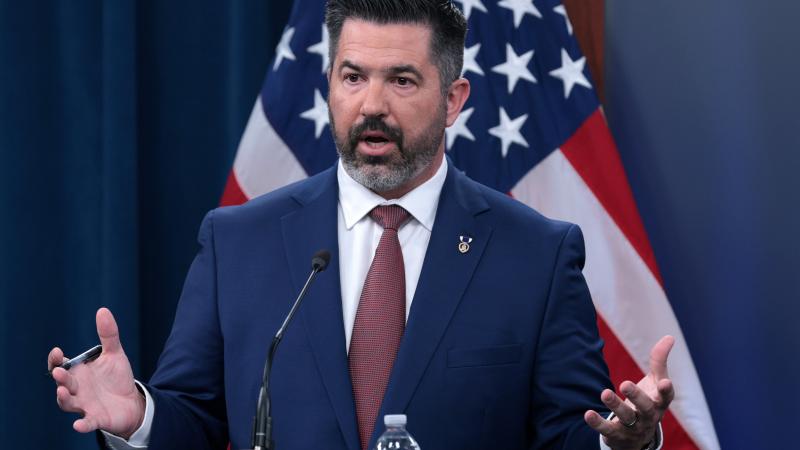United Nations panel finds ozone layer is 'on track to recover'
The panel said the ozone layer's recovery is due to the success of the Montreal Protocol.
The United Nations-backed Scientific Assessment Panel said Monday the world's ozone layer is "on track to recover" within the next four decades because ozone-depleting chemicals are being phased out around the globe.
Nearly 99% of banned ozone-depleting substances have been phased out, the group found in its report, which is published every four years.
The panel said the ozone layer's recovery is due to the success of the Montreal Protocol, an international agreement adopted in 1987 to phase out ozone layer-depleting substances.
"If current policies remain in place, the ozone layer is expected to recover to 1980 values (before the appearance of the ozone hole) by around 2066 over the Antarctic, by 2045 over the Arctic and by 2040 for the rest of the world," the United Nations-backed group said.
The panel stated that variations in the Antarctic ozone hole, mostly over the past five years, have been due to "meteorological conditions," but "the Antarctic ozone hole has been slowly improving in area and depth since the year 2000."
Despite the accomplishment in healing the ozone layer, U.N. World Meteorological Organization Secretary-General Petteri Taalas said fossil fuels should be targeted next.
"Ozone action sets a precedent for climate action," Taalas said. "Our success in phasing out ozone-eating chemicals shows us what can and must be done — as a matter of urgency — to transition away from fossil fuels, reduce greenhouse gases and so limit temperature increase."















